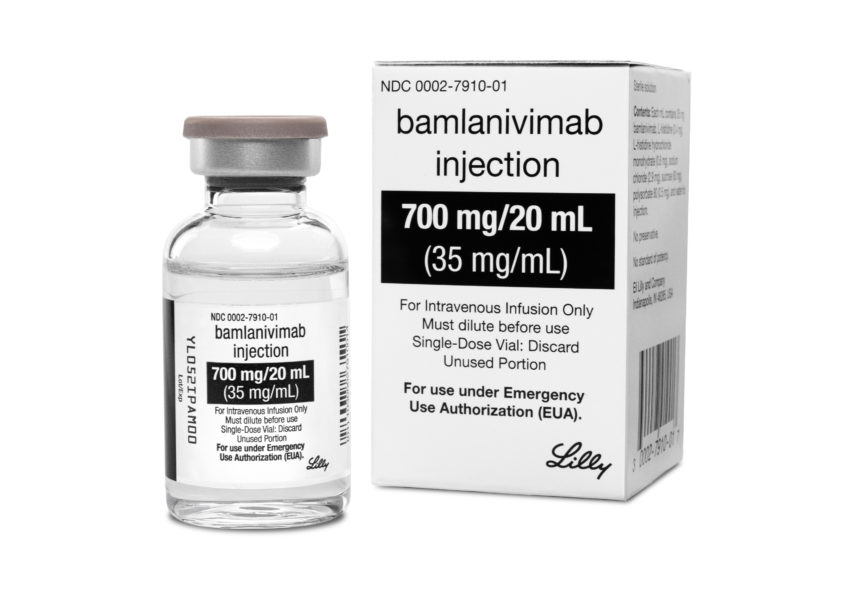
The Food and Drug Administration and Eli Lilly have agreed to stop U.S. distribution of the drugmaker’s monoclonal antibody treatment using bamlanivimab only due to concerns that it is not effective against genetic virus variants making inroads nationwide, according to a Thursday report by Endpoints News.
Assisted living communities have been some of the most prolific users of the treatment, which has proven highly successful in keeping mild to moderate COVID-19 from progressing into a severe form, McKnight’s has reported.
Eli Lilly has sought to reassure users that its alternative monoclonal antibody cocktail, which includes bamlanivimab and the drug etesevimab, remains effective against new variants. In fact, etesevimab can still be ordered on its own “to pair with any supply of bamlanivimab that sites already have,” according to Inside Health Policy.
Federal health officials have encouraged further use of monoclonal antibody treatment in nursing homes and other healthcare settings ever since it was authorized for emergency use in November. An initiative by the Department of Health and Human Services has been set up to funnel the infusion product directly to pharmacies serving long-term care facilities. But the treatment has had far fewer users than federal authorities originally expected.
Senior living communities, nursing facilities and their willing residents participated in a first-of-its-kind trial of bamlanivimab in August 2020. The study was a collaboration between the drugmaker and the National Institute of Allergy and Infectious Diseases, in the hopes of finding something that would help reduce death rates occurring in long-term care facilities at the time.




